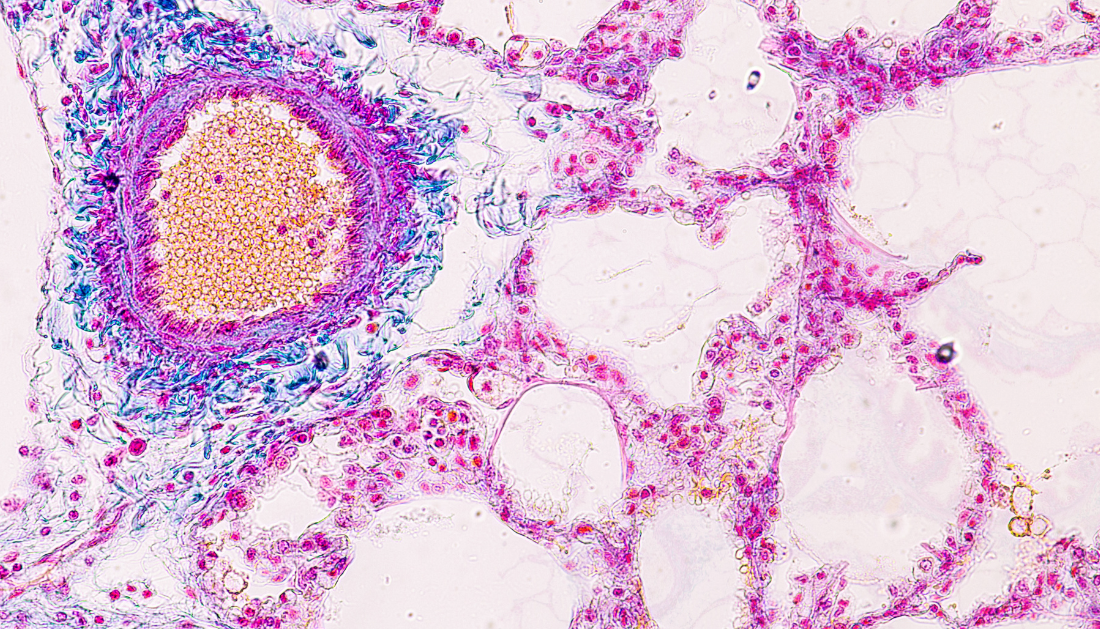

Researchers from Kyushu University and Nagoya University have harnessed artificial intelligence (AI) to revolutionize organoid development, setting a new benchmark in biomedical research. Organoids—lab-grown tissues mimicking organ structure and function—hold transformative potential for personalized medicine, disease modelling, and drug testing. However, their production is often hindered by variability and time-consuming quality assessments.
The research, published in Communications Biology, focuses on hypothalamic-pituitary organoids, which replicate the pituitary gland’s critical functions, such as producing adrenocorticotropic hormone (ACTH). ACTH is essential for regulating stress, metabolism, and inflammation, and its deficiency can lead to severe health issues.
Traditionally, identifying high-quality organoids involves genetically modifying them to express fluorescent proteins like RAX, a marker of strong development. However, genetic modifications are unsuitable for clinical applications, forcing researchers to rely on subjective visual evaluations. To overcome this, the team trained AI deep-learning models, EfficientNetV2-S and Vision Transformer, to predict organoid quality based on non-modified images under standard light.
Using 1,500 images, the models categorized organoids into three groups: high (wide RAX expression), medium, and low quality. The ensemble model achieved 70% accuracy, outperforming human experts who managed less than 60%.
The model demonstrated its reliability by correctly identifying high-quality organoids, later confirmed through staining and ACTH secretion tests. This innovation not only accelerates organoid selection for transplantation and research but also reduces costs by eliminating suboptimal samples early.
Future work will aim to improve the AI model’s accuracy with larger datasets. Even at its current performance, this tool is a breakthrough in organoid research, paving the way for more efficient and accessible biomedical advancements. By integrating AI with organoid development, the study highlights the transformative role of technology in addressing critical healthcare challenges.
More information: A deep-learning approach to predict differentiation outcomes in hypothalamic-pituitary organoids, Communications Biology (2024). DOI: 10.1038/s42003-024-07109-1
more recommended stories
 Phage Therapy Study Reveals RNA-Based Infection Control
Phage Therapy Study Reveals RNA-Based Infection ControlKey Takeaways (Quick Summary) Researchers uncovered.
 Safer Allogeneic Stem Cell Transplants with Treg Therapy
Safer Allogeneic Stem Cell Transplants with Treg TherapyA new preclinical study from the.
 AI in Emergency Medicine and Clinician Decision Accuracy
AI in Emergency Medicine and Clinician Decision AccuracyEmergency teams rely on rapid, accurate.
 Innovative AI Boosts Epilepsy Seizure Prediction by 44%
Innovative AI Boosts Epilepsy Seizure Prediction by 44%Transforming Seizure Prediction in Epilepsy Seizure.
 Hypnosis Boosts NIV Tolerance in Respiratory Failure
Hypnosis Boosts NIV Tolerance in Respiratory FailureA New Approach: Hypnosis Improves NIV.
 Bee-Sting Microneedle Patch for Painless Drug Delivery
Bee-Sting Microneedle Patch for Painless Drug DeliveryMicroneedle Patch: A Pain-Free Alternative for.
 AI Reshapes Anticoagulation in Atrial Fibrillation Care
AI Reshapes Anticoagulation in Atrial Fibrillation CareUnderstanding the Challenge of Atrial Fibrillation.
 Hemoglobin as Brain Antioxidant in Neurodegenerative Disease
Hemoglobin as Brain Antioxidant in Neurodegenerative DiseaseUncovering the Brain’s Own Defense Against.
 Global Data Resource for Progressive MS Research (Multiple Sclerosis)
Global Data Resource for Progressive MS Research (Multiple Sclerosis)The International Progressive MS Alliance has.
 AI Diabetes Risk Detection: Early T2D Prediction
AI Diabetes Risk Detection: Early T2D PredictionA new frontier in early diabetes.

Leave a Comment